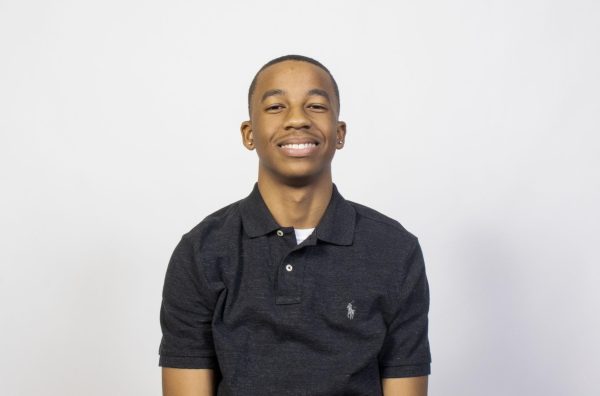How to win the 2020 election
March 24, 2019
Trump 2020 is something he and his followers have already spoken about and anticipated, and honestly, his chances of taking the Republican ticket again are probably decent.
But, as has been the case for the last year (especially it seems), Democrats are doing everything in their power to not only lessen his influence while he is still in office, but to make sure they have a chance to run against him in 2020.
According to Business Insider, 17 people have already announced their intentions to run for the Oval Office next year (including Trump).
Out of the 17 overall, 11 are running for the Democratic ticket.
There are likely to be more Republicans or independents coming out with their announcements in the months to come, but that is not what I care about right now.
What I am interested in is who these Democratic candidates are and, more specifically, if any of them even have a chance to win the Democratic ticket and the presidency.
On top of that, how do they win in the first place?
Also, will we see our first female president in the 2020 election?
It really depends on two major factors. These factors are important, although one seems to be overlooked at times.
Firstly, we need to look at demographics.
A lot of millennials and people around my age (21) supported Bernie Sanders because he wanted to get free college for all of us (sorry, it is a nice thought, but it will not happen).
Beto O’Rourke gained a lot of traction in the Texas governor race because of the moderate views he held, even from some of the people I went to high school with who have lived in Illinois their whole lives.
But here is the issue with those two candidates: younger demographics supported them.
According to a Washington Post story, in the 2016 primaries and caucuses, Sanders had 2,052,081 youth votes, while Trump and Hillary Clinton combined gained 1,595,100 (Trump had more than Clinton).
So, what is it going to take to beat Trump, red or blue? O’Rourke and Sanders got a lot of support from younger audiences, which is fine, and needed votes.
But as it currently stands, that is not enough to carry you through the party primaries. With Sanders, for example, free college is something only college-aged students and probably their parents care about.
Politics is about compromising, so adjusting your own beliefs to that of the people you need to reach is a necessity.
My other point is this: Be impactful.
Be impactful with the way you speak, the way you carry yourself, the way you talk about things on stage.
Trump made such a big splash because he knew how to direct everybody’s attention.
People are talking about my locker room talk?
I will throw a rant up on social media for people to dissect.
I am not saying that was an actuality, but it is an example.
Trump knows how to avert attention and get people to look at him, whether good or bad. He knows what he says will get attention and will get a lot of it.
Go back and watch the way he talked during his debates with Clinton: He would constantly interrupt to start talking and he was loud. Clinton backed down in those moments and let him get the cheers and hollers and did not do the same thing.
Instead of speak softly and carry a big stick, speak loudly and speak even louder and have a big stick, just in case.
Trump will get all the media attention unless someone starts to interrupt him and argue right back at him.
So, whoever gets on that stage in the party primaries and in the presidential debates needs to make sure they are speaking to everyone, not a specific demographic.
Also, they have to be just as flamboyant in their attitudes as Trump is.
And, will we see our first female president?
The ladies who have thrown their hat in the mix are good candidates, but they have a lot of ground to cover.
They are not necessarily as known as some other early runners, and, unfortunately, they have the natural disadvantage of being a woman, which makes my point of being able to get in Trump’s face even more important.
Dillan Schorfheide is a junior journalism major. He can be reached at 581-2812 or [email protected].











































